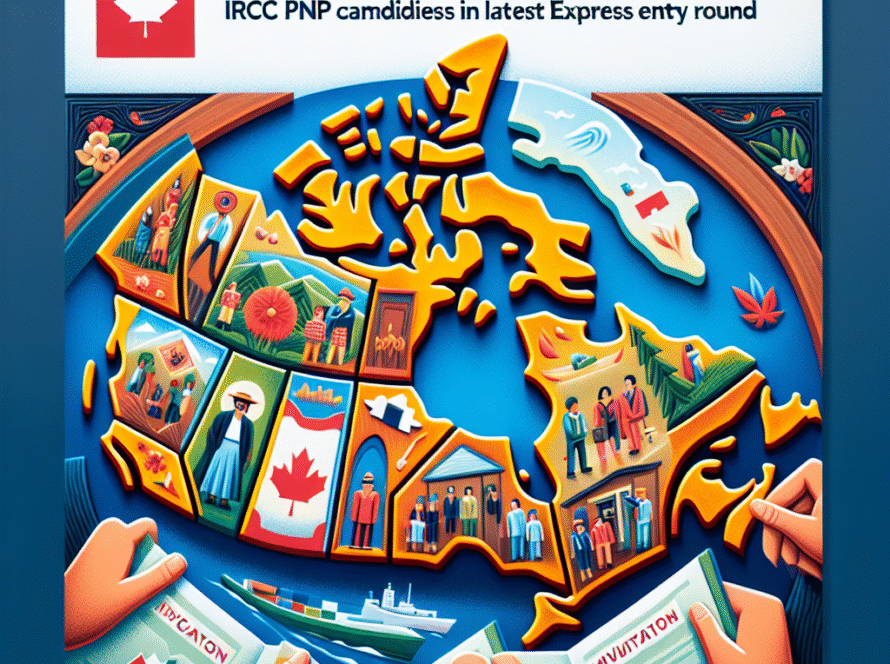Boost Canadian PR Chances with Foreign Work Experience

Understanding the Role of Work Experience in Canada’s Express Entry System
For those eyeing Canada as their future home, the Express Entry system remains a popular gateway. Among its various components, foreign work experience emerges as a pivotal element that can significantly enhance a candidate’s profile. Let’s explore how different types of work experience influence the Comprehensive Ranking System (CRS) and, ultimately, your likelihood of receiving an Invitation to Apply (ITA) for permanent residence.
Key Differences: Canadian vs. Foreign Work Experience
Understanding the nuances between Canadian and foreign work experiences is crucial. Canadian work experience is defined by employment within Canada’s labor market, whereas foreign work experience encompasses work done outside Canada, regardless of the employer’s nationality.
Canadian experience offers substantial advantages. It primarily contributes to the core human capital factors, allowing candidates to earn up to 80 CRS points if applying alone, or up to 70 points with a spouse or common-law partner. Furthermore, Canadian experience is essential for qualifying under the Canadian Experience Class (CEC), exempting candidates from settlement fund requirements and increasing ITA opportunities.
Conversely, foreign work experience plays a significant role in the skill transferability section, potentially adding 50 points to your CRS score. However, its impact is maximized when combined with strong language skills or additional Canadian work experience.
Criteria for Valid Work Experience
Both Canadian and foreign work experiences must meet specific conditions to be viable under Express Entry:
- Must be paid and full-time (or equivalent part-time).
- Should align with National Occupation Classification (NOC) TEER categories 0, 1, 2, or 3.
- Must be accrued within the last decade.
Strategic Combinations for Higher CRS Scores
Candidates can optimize their CRS scores by strategically combining different types of work experience. For instance, having both one year of Canadian work experience and three years of foreign work experience can significantly boost your CRS score under the skill transferability factors.
Additionally, candidates can concurrently accumulate Canadian and foreign work experiences if both meet Express Entry criteria. This dual accumulation can double the potential work hours recognized over the same period, thereby enhancing your CRS score.
Navigating the Canadian Experience Class (CEC)
The CEC offers a streamlined path for those with Canadian work experience. To qualify, candidates must have skilled work experience in Canada, adhere to NOC TEER categories, and possess valid temporary resident status, such as a work permit. Importantly, this experience does not need to be continuous, offering flexibility for candidates with varied work histories.
Conclusion
Navigating Canada’s Express Entry system requires a nuanced understanding of the role of work experience. By effectively leveraging both Canadian and foreign work experiences, candidates can significantly enhance their CRS scores and improve their chances of receiving an ITA. As Canada continues to welcome skilled immigrants, understanding these dynamics will be key to success in the immigration process.



